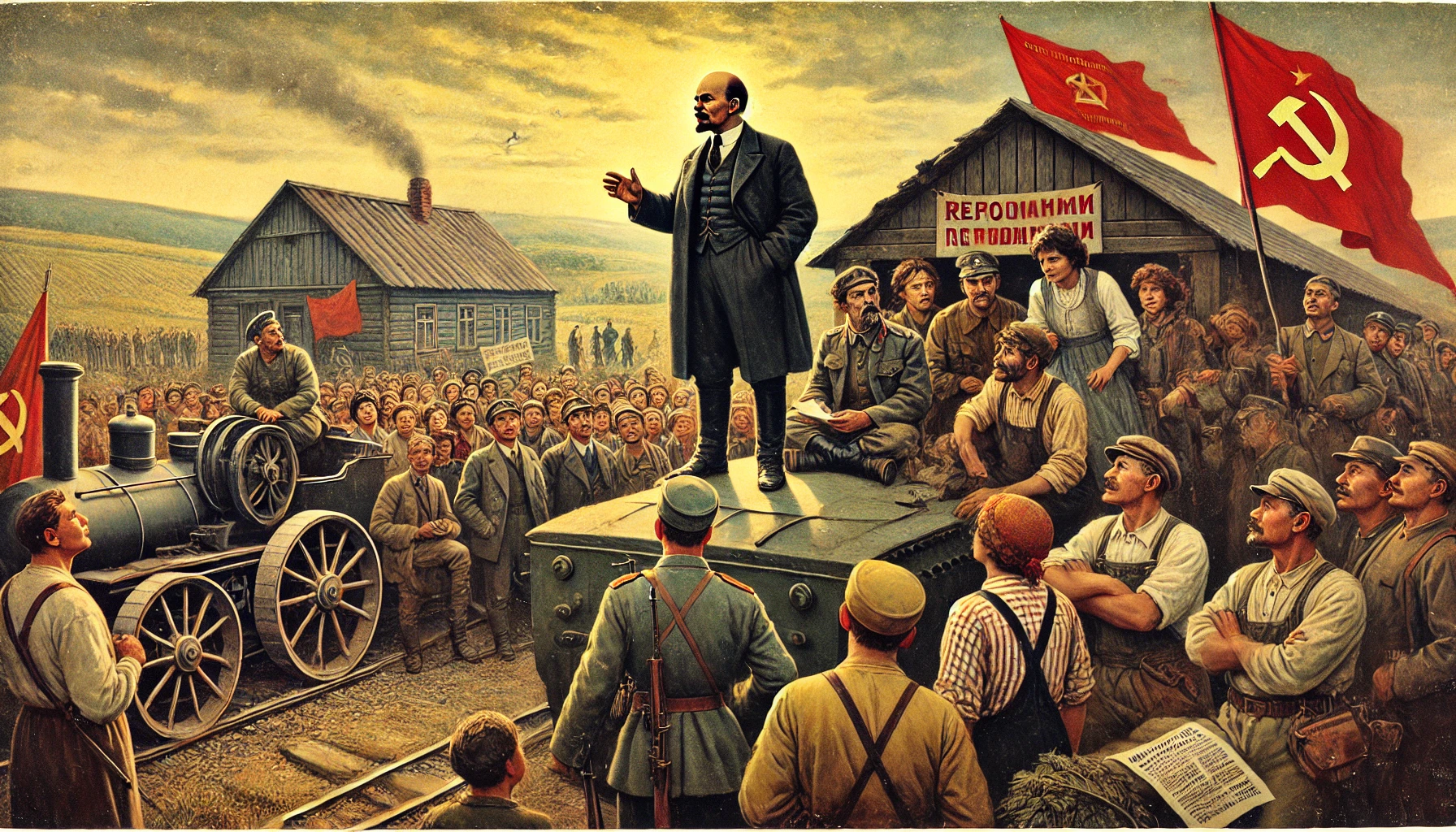The Revolution Will Be Streamed: Social Media Activism and Sacrificing Privacy for Change
Social media has revolutionized activism, transforming how movements organize and amplify their voices. Hashtags like #BlackLivesMatter, #MeToo, and #ClimateStrike have sparked global conversations and mobilized millions. However, the success of these digital revolutions comes at a cost—one eerily reminiscent of Lenin’s philosophy that the end justifies the means.
Activists today rely heavily on platforms like Instagram, TikTok, and Twitter to spread their messages. These platforms offer unprecedented reach, allowing grassroots movements to bypass traditional gatekeepers. But behind the scenes, these same platforms extract and exploit user data. Every like, share, and post contributes to a vast reservoir of information, monetized by corporations.
Lenin believed that sacrifices were necessary to achieve revolutionary goals, and in the digital era, privacy is often the first casualty. Activists may be willing to trade personal data for visibility, but the implications are far-reaching. Surveillance tools can track not just participants in protests but also their networks and intentions. Governments and corporations alike have leveraged this data to suppress dissent.
A recent example is the widespread use of facial recognition technology during protests. While touted as a tool for public safety, it has been criticized for disproportionately targeting marginalized communities. Similarly, geolocation features in apps like Snapchat and Instagram have inadvertently exposed the whereabouts of activists, leading to arrests in some cases.
The algorithms driving social media also play a double-edged role. They amplify viral content, often favoring outrage over nuance. While this can bring attention to underrepresented causes, it also fosters polarization and misinformation. Activists face a dilemma: engage with the system and risk perpetuating its flaws, or abstain and lose their voice.
The parallels to Lenin’s revolutionary tactics are striking. Just as Lenin used propaganda to control narratives, modern movements rely on social media to shape public perception. The difference lies in the scale and speed of dissemination. A tweet can spark a global movement in minutes, but it can also spiral out of control, leading to unintended consequences.
Moreover, the commodification of activism raises ethical concerns. Brands have co-opted social justice movements to market products, diluting their original intent. The rise of performative activism—where individuals or corporations make symbolic gestures without meaningful action—further complicates the landscape.
Despite these challenges, social media remains a powerful tool for change. Movements like the Arab Spring and Greta Thunberg’s climate strikes demonstrate its potential to disrupt entrenched systems. Yet, as Lenin’s legacy reminds us, revolutions often come with collateral damage.
To mitigate these risks, activists must prioritize digital literacy and security. Encrypting communications, using decentralized platforms, and scrutinizing app permissions are essential steps. Furthermore, tech companies must be held accountable for protecting user data and promoting transparency.
Ultimately, the question lingers: Is the loss of privacy a fair trade-off for societal progress? While Lenin might argue yes, modern activists must grapple with a more complex reality. Balancing the power of social media with its pitfalls requires vigilance and innovation. Only then can the revolution truly serve its people, rather than sacrificing them along the way.
Originally posted 2024-09-22 11:01:23.


